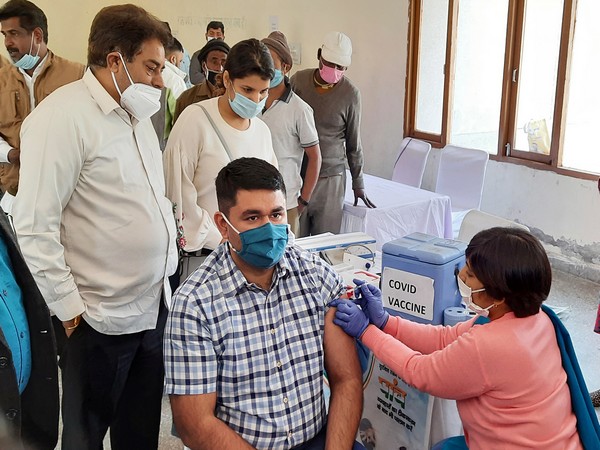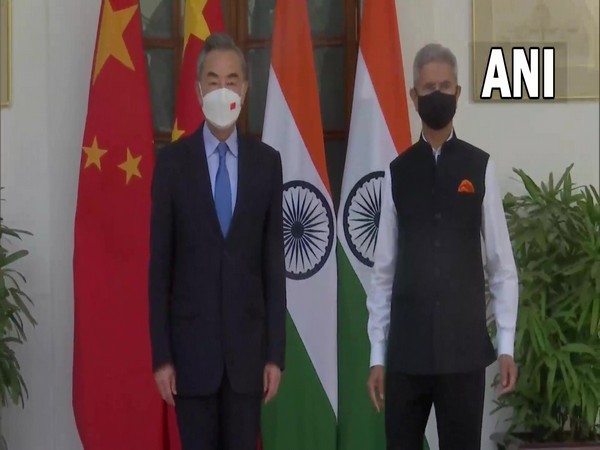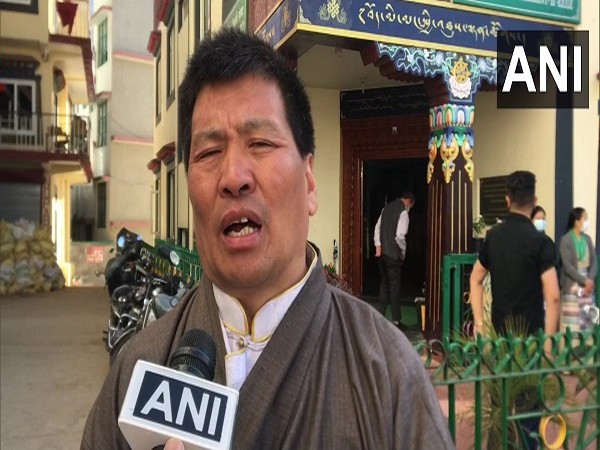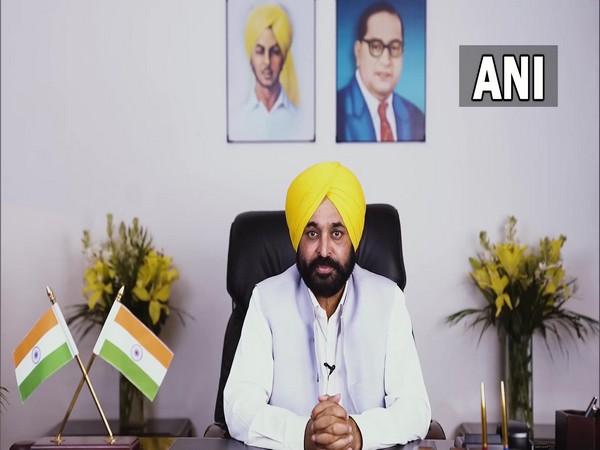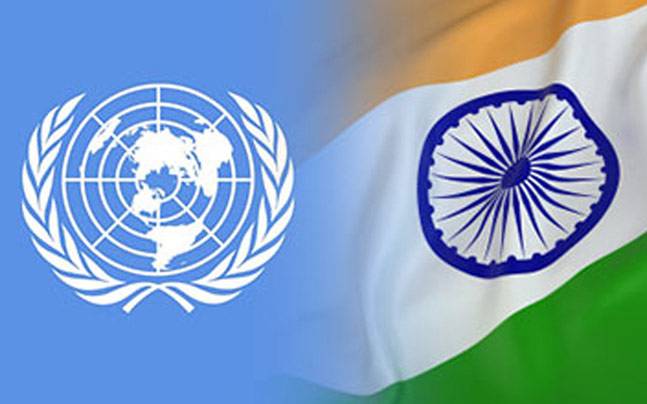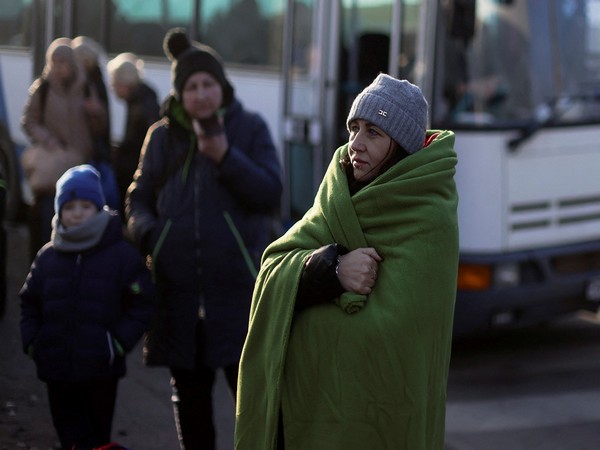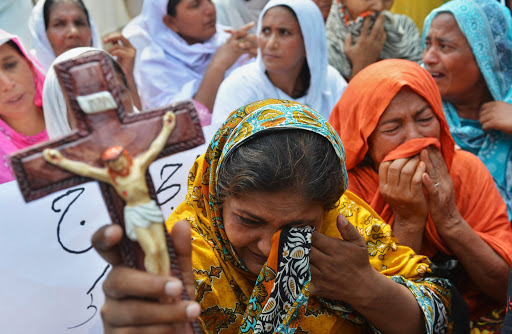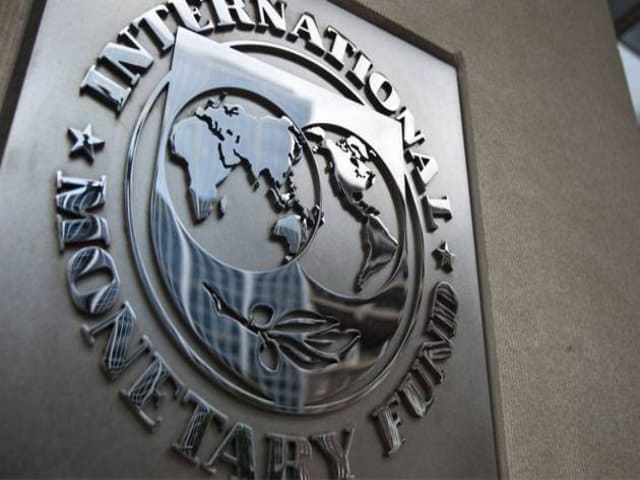India’s daily COVID-19 infections witnessed a dip since yesterday with 1,685 new cases being recorded on Friday.
As per the Ministry of Health and Family Welfare, 1,938 new COVID-19 cases were reported on Thursday.
The daily positivity rate and weekly positivity rate slightly declined to 0.24 per cent and 0.33 per cent on Friday from 0.29 per cent and 0.35 per cent on Thursday respectively.
Notably, the testing was increased to 6,91,425 in the last 24 hours from 6,61,954 tests on Thursday.
India’s active caseload currently stands at 21,530. It accounts for 0.05 per cent of the total positive cases. The active cases dipped by 897 since yesterday.
With 2,499 recoveries in the last 24 hours, the cumulative recoveries mounted to 4,24,78,087. The recovery rate remained constant at 98.75 per cent.
In the last 24 hours, 83 people succumbed to the virus. The country’s death toll is at 5,16,755. The case fatality rate is at 1.20 per cent.
Meanwhile, India’s COVID-19 vaccination coverage has exceeded 182.55 crore.
The ministry in a statement said that 1,82,55,75,126 vaccine doses have been administered to all categories of eligible beneficiaries, as per provisional reports till 7 am today. This has been achieved through 2,16,22,613 sessions, it stated further.
In the COVID-19 vaccination for the age group 12-14 years, which started on March 16, 90,06,782 children have take the first dose of Corbevax vaccine.
‘Precaution dose’, whose identified beneficiaries include frontline workers, healthcare workers and those above the age of 60 years, have been given to 2,22,62,588 people so far. Of these, 43,98,383 were given to healthcare workers, 67,45,780 to frontline workers and 1,11,18,425 to people above the age of 60 years.
A total of 5,66,07,372 first doses and 3,66,29,914 second doses have been administered to children in the age group 15-18 years. They are being administered Bharat Biotech’s Covaxin.
The ministry in a statement also said that more than 184.12 crore (1,84,12,85,555) vaccine doses have been provided to States and Union Territories so far through the government’s free of cost channel and through direct state procurement category. Over 16.45 crore (16,45,41,016) balance and unutilized COVID vaccine doses are still available with the States and UTs to be administered, the ministry said. (ANI)

